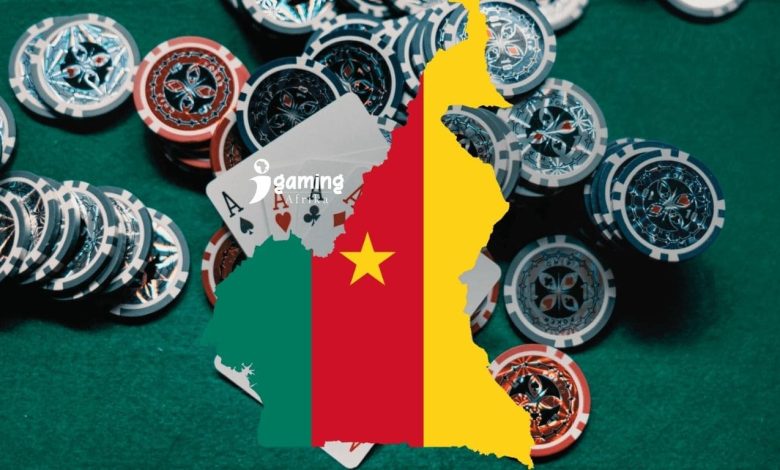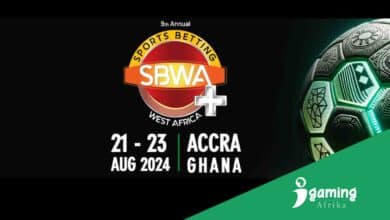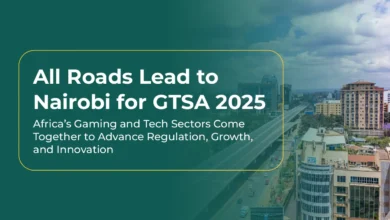Starting a Gambling Business in Cameroon – Full Guide

Gambling is legal in Cameroon (officially the Republic of Cameroon – République du Cameroun, a Christian Sub-Saharan African country that was a former French colony, has a population of 26.5 million), since 1960.
History of Gambling in Cameroon
Gambling is legal in Cameroon, since the country’s independence in 1960, similarly to other Christian, former French colonies (e.g.: Burkina Faso, Benin, Burundi). However, up until 1992 only the lottery was legal and regulated (only specifically regulated forms of gambling are legal in the country).
In 1992 horse racing betting was legalized and in 2004 various other forms of games of chance were legalized as well (most importantly casino gambling), and private operators were allowed on the market.
Prior to 2004 only the following companies were allowed to conduct gambling and betting in the country:
- Pari Mutuel Urbain Camerounais (horse racing and sports betting)
- Nationale Loterie Du Cameroun (lottery and lottery-like games monopoly)
Gambling Regulation in Cameroon
The current main piece of the gambling legislation is the Décret N°2019/2300/PM Le régime des Jeux de Divertissement, D’argent et de Hasard, better known as the 2019 Gambling Decree, which replaced the 2015 Gambling Decree.
Online gambling is technically legal in Cameroon since 2019 (prior to 2019 online gambling was unregulated). Only licensed gambling companies can accept players from Cameroon.
Nationale Loterie Du Cameroun sells lottery tickets online. This proves that online gambling is indeed legal and it is possible to operate domestic Cameroonian online gambling platforms legally.
Additionally, Pari Mutuel Urbain Camerounais is said to operate an online sports betting platform (betting over the internet on French horse races, details can be seen in the Cameroon sports betting section below).
Foreign gambling companies can also apply for a Cameron online gambling licence (you can see a list of such licensed gambling websites below).
Read Also: Starting a Gambling Business in Tanzania, Full Guide
Using unlicensed offshore gambling websites is illegal.
Can Tourists play online from Caneroon?
Yes, the laws discussed on this page only apply to Cameroonian citizens, and they do not apply to tourists. Tourists (expats, non-citizens, illegal migrants) can play online freely.
Gambling Licensing requirements and procedures
The Prime Minister’s Office is responsible for issuing licences to gambling companies. You have to contact them if you wish to set up any sort of gambling business in Cameroon. Their website is available in English (but the gambling laws, licencing requirements, information about the fees are only available in French, it’s best if you contact them in French, their English is not very good, in my experience).
The gambling licensing fees and requirements are set by the aforementioned Décret N°2019/2300/PM, and they are only available in French.
The general requirements are the following:
- company must be registered and incorporated in Cameroon
- company must have a clear record
- owner(s) must have a certificate of good conduct (called police clearance certificate in Cameroon)
- proof that the licensing costs were paid (non-refundable, even if the application is rejected)
- proof that the company has the necessary amount of capital for the project and to pay the players’ winnings
Gambling licences are valid for 10 years.
Gambling Taxation Guide
The following are the gambling tax rates in Cameroon (CFA = Central African Franc)7.
| Cameroon gambling tax rates | ||
| Activity: | Tax rate: | Tax base: |
| casino tax | 15% | gross gaming revenue |
| slot and video poker machines in slot halls | 100,000 CFA (€151) | fixed fee, per year, per machine |
| arcade and pinball machines* | 40,000 CFA (€60) | fixed fee, per year, per machine |
| foosball tables* | 20,000 CFA (€30) | fixed fee, per year, per machine |
| supplementary tax (centimes additionnels) | 10% | gross gaming revenue |
Casino tax only applies to licensed casinos.
Slot and video poker machine tax applies to machines in slot halls only, casinos don’t have to pay the fixed licence fee in addition to the 15%, they only pay the 15% tax.
The same applies to arcade, pinball machines and foosball tables (called babyfoot in Cameroon, instead of foosball).
Comment/ The Cameroonian government does not consider arcade machines, pinball machines or foosball a form of gambling. However, the gambling legislation of Cameroon applies to gambling and entrainment machines (jeux de divertissement, d’argent et de hasard), it regulates both. Certain sections of the gambling legislation apply to both, they are not regulated separately, unlike in most countries./
The supplementary tax (centimes additionnels) is paid by everyone, to the local government, on top of all the other taxes and fixed fees.
Gambling taxes are paid on top of other regular taxes (e.g.: corporate tax, which is 33%). It all adds up to a very high tax burden (by African standards, one of the highest in Sub-Sharan Africa)
/Comment: Such a high tax rate is unusual and counterproductive for a developing, growing country. No wonder their gambling sector is so underdeveloped, and there is such an issue with tax-evasion. They should consider lowering it, until the country is significantly more developed./
Gambling age in Cameroon: 18+
Other:
Virtual sports betting and fantasy football are legal in Cameroon. They are considered gambling according to Dr. Francis Mbah Takwi from the ICT University of Yaoundé.
Social gambling is not specifically regulated in Cameroon.
Loot boxes, or similar digital gambling like activities with virtual goods are not regulated in Cameroon.
Sources, and main pieces of the Cameroonian gambling legislation:
6The World Bank – International tourism, number of arrivals – Cameroon
7International Studies Program – Gambling Taxation in Africa, a Working Paper (page 10)
Source: Simon’s Guide























